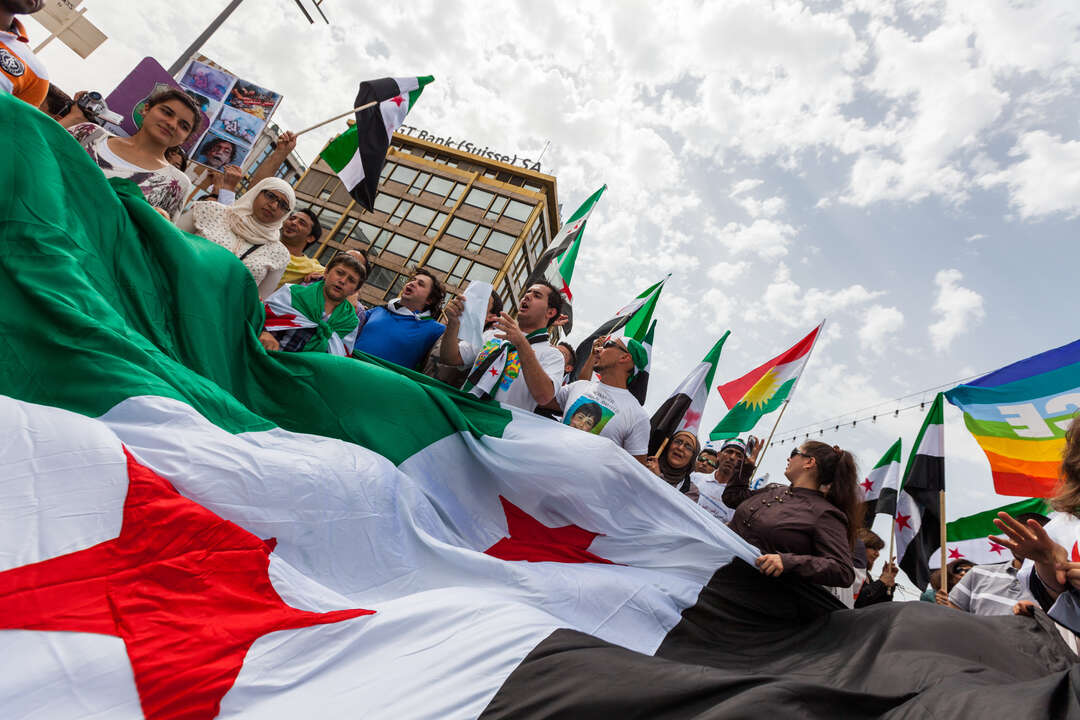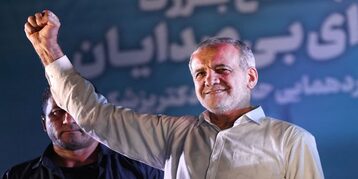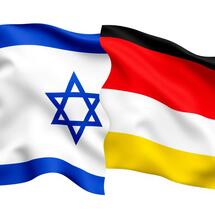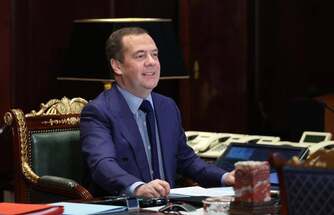-
Policeman shot, dozens wounded in protests in Iraq’s Nasiriyah
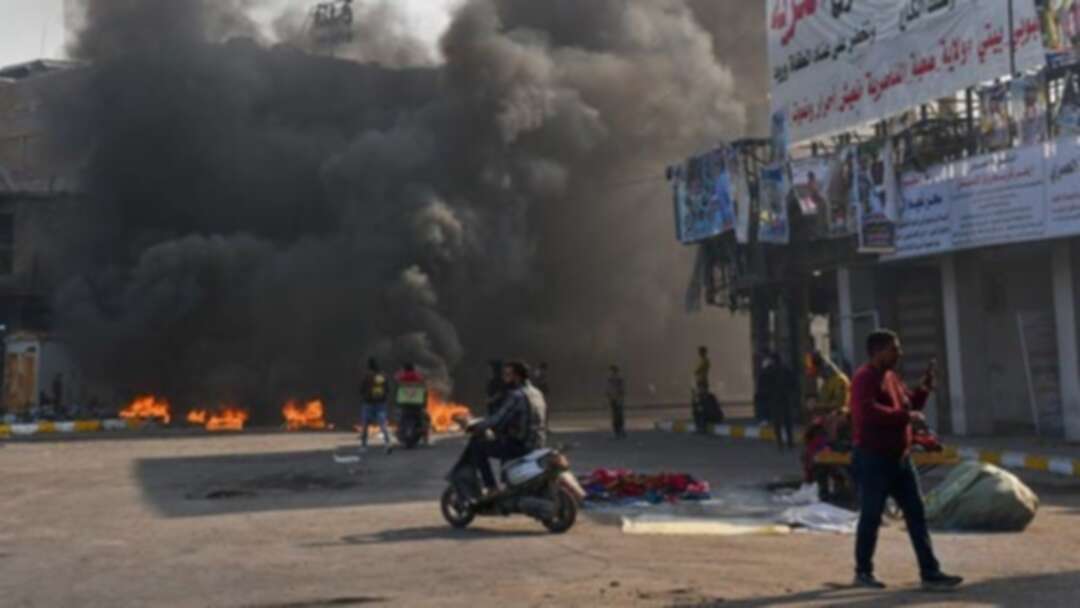
A policeman was killed Sunday in Iraq, the army said, as security forces fired to disperse a third consecutive day of protests in the city of Nasiriyah, according to medics.
The policeman was “killed by a bullet to the head,” a medic in the city 300 kilometers (190 miles) south of the capital Baghdad said.
The army confirmed the death. “Thirty-three other policemen were wounded in the events of the day,” the military added, without elaborating.
Medical sources said several protesters were wounded.
Witnesses said security forces opened fire to disperse demonstrators – including some throwing stones – from a city square that served as an epicenter of a widespread protest movement that began in October 2019.
A sprawl of tents in Habbubi Square had remained in place until November 2020, when eight people were killed in clashes between anti-government protesters and followers of the Shia leader Moqtada Sadr.
Anti-government protesters reoccupied the square on Friday, demanding the release of peers who have been arrested in recent weeks.
Security forces repeatedly fired in the air and launched smoke grenades towards the protesters, whose movement for the first time penetrated other parts of the city.
A spokesman for the protesters told AFP that 13 demonstrators who had been arrested were released, adding that authorities had promised other detainees would be released the next day.
Iraq’s protests fizzled out last year due to the COVID-19 pandemic and a crackdown that left nearly 600 dead and 30,000 wounded.
But kidnappings, targeted killings and arrests of protest leaders have continued.
Alongside demanding an end to political corruption, protesters want jobs and improved public services.
But the state’s ability to finance these demands is hamstrung by an economic crisis, including a yawning fiscal deficit.
source: AFP
Image source: AFP
Levant
You May Also Like
Popular Posts
Caricature
BENEFIT Sponsors BuildHer...
- April 23, 2025
BENEFIT, the Kingdom’s innovator and leading company in Fintech and electronic financial transactions service, has sponsored the BuildHer CityHack 2025 Hackathon, a two-day event spearheaded by the College of Engineering and Technology at the Royal University for Women (RUW).
Aimed at secondary school students, the event brought together a distinguished group of academic professionals and technology experts to mentor and inspire young participants.
More than 100 high school students from across the Kingdom of Bahrain took part in the hackathon, which featured an intensive programme of training workshops and hands-on sessions. These activities were tailored to enhance participants’ critical thinking, collaborative problem-solving, and team-building capabilities, while also encouraging the development of practical and sustainable solutions to contemporary challenges using modern technological tools.
BENEFIT’s Chief Executive Mr. Abdulwahed AlJanahi, commented: “Our support for this educational hackathon reflects our long-term strategic vision to nurture the talents of emerging national youth and empower the next generation of accomplished female leaders in technology. By fostering creativity and innovation, we aim to contribute meaningfully to Bahrain’s comprehensive development goals and align with the aspirations outlined in the Kingdom’s Vision 2030—an ambition in which BENEFIT plays a central role.”
Professor Riyadh Yousif Hamzah, President of the Royal University for Women, commented: “This initiative reflects our commitment to advancing women in STEM fields. We're cultivating a generation of creative, solution-driven female leaders who will drive national development. Our partnership with BENEFIT exemplifies the powerful synergy between academia and private sector in supporting educational innovation.”
Hanan Abdulla Hasan, Senior Manager, PR & Communication at BENEFIT, said: “We are honoured to collaborate with RUW in supporting this remarkable technology-focused event. It highlights our commitment to social responsibility, and our ongoing efforts to enhance the digital and innovation capabilities of young Bahraini women and foster their ability to harness technological tools in the service of a smarter, more sustainable future.”
For his part, Dr. Humam ElAgha, Acting Dean of the College of Engineering and Technology at the University, said: “BuildHer CityHack 2025 embodies our hands-on approach to education. By tackling real-world problems through creative thinking and sustainable solutions, we're preparing women to thrive in the knowledge economy – a cornerstone of the University's vision.”
opinion
Report
ads
Newsletter
Subscribe to our mailing list to get the new updates!

